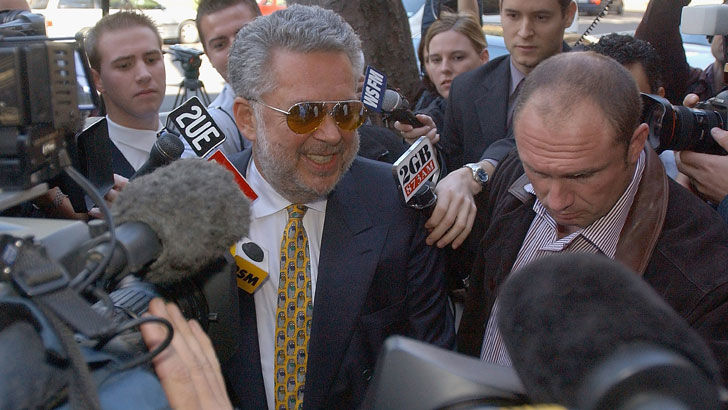ASIC has warned against insider trading, but what exactly is it?
Insider trading could be the devil lying in wait during this coronavirus pandemic.
The U.S. Securities and Exchange Commission (SEC) and the European Security and Markets Authority both issued warnings earlier this year of trading that leverages coronavirus risks not privy to investors.
So too has our own Australian Securities and Investments Commission (ASIC), noting "a sharpened focus on direct and indirect trading in securities and other financial products related to a listed entity by directors of that entity and other 'insiders'".
Insider trading takes place when material, non-public information (MNPI) is used to profit or avoid losses from a change in the price of a security. Having the information is not illegal in itself - it needs to be acted on.
Maybe the most well-known Aussie inside trader is the late Rene Rivkin, who was convicted in 2003 of trading 50,000 Qantas shares upon learning of an impending merger between Qantas and Impulse Airlines.
The trade netted him a measly $2664 profit and a lifetime ban from stockbroking. Crime doesn't pay.
More recently, ASIC charged former CEO of Quantum Resources Ltd, Avrohom Kimelman, with insider trading for buying shares in Quantum with the knowledge that the company was about to acquire Manitoba Minerals.
While the most blatant cases seem to be open-shut cases, proving insider trading can be difficult.
More acute inside traders go to great lengths to avoid leaving digital footprints, passing along information by word of mouth.

And what constitutes inside information can be hard to define. For instance, high-frequency stock traders get market order information a few seconds before they're visible to retail investors.
"But it's different when you get to the point where you're actually bribing people.... I think it would be a major problem if a hedge fund manager is corrupting someone at McKinsey or Intel," says Eric Orts from Wharton School of the University of Pennsylvania.
Meanwhile, research by Dean Katselas from Australian National University found evidence of "rife" insider trading by company directors, across all industry groups.
"My results show these contrary trades were being made with non-public knowledge, privy only to company insiders, about the future performance of the firm. This most certainly amounts to insider trading under the law," says Katselas.
"It was the exact opposite of what you'd expect to see after either kind of news. If the news had the potential to boost the share price, I found the directors were selling their shares, when normally, this is the time you'd expect them to be buying."
While Katselas observed the practice most commonly in mining companies, it's pervasive across all sectors.
"You name it, the directors of most companies on the Australian stock exchange are engaging in this illegal practice."
Katselas also analysed director trades following companies' earnings announcements.
"I looked at the profits made by these trades and found that companies which publicly gave out the least rosy picture, were the ones that showed the greatest profitability as a result of these negative trades.
"This indirect insider trading is quite difficult to identify and therefore to prosecute, because the ASX and ASIC are effectively looking in the wrong place."
Get stories like this in our newsletters.



